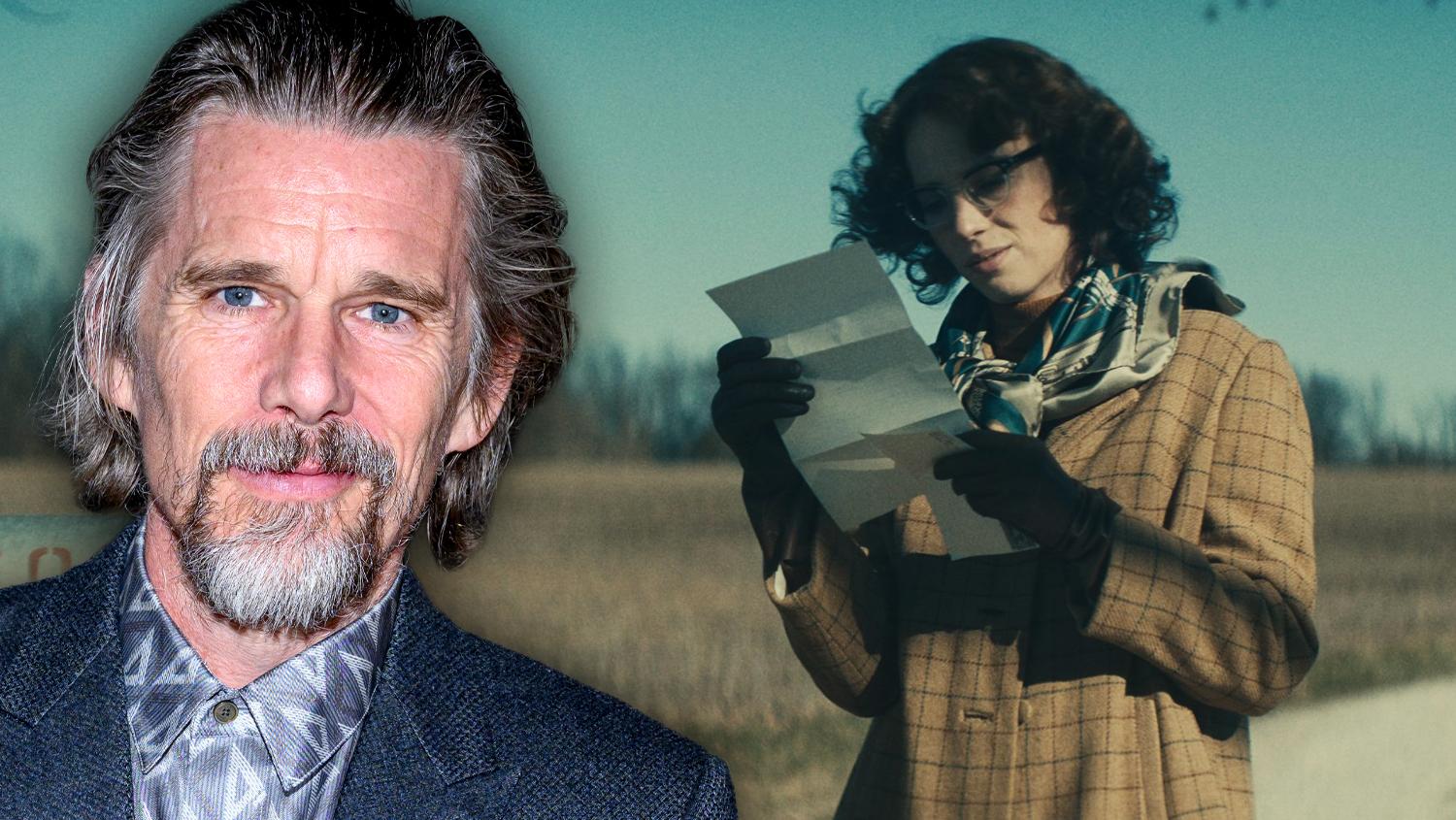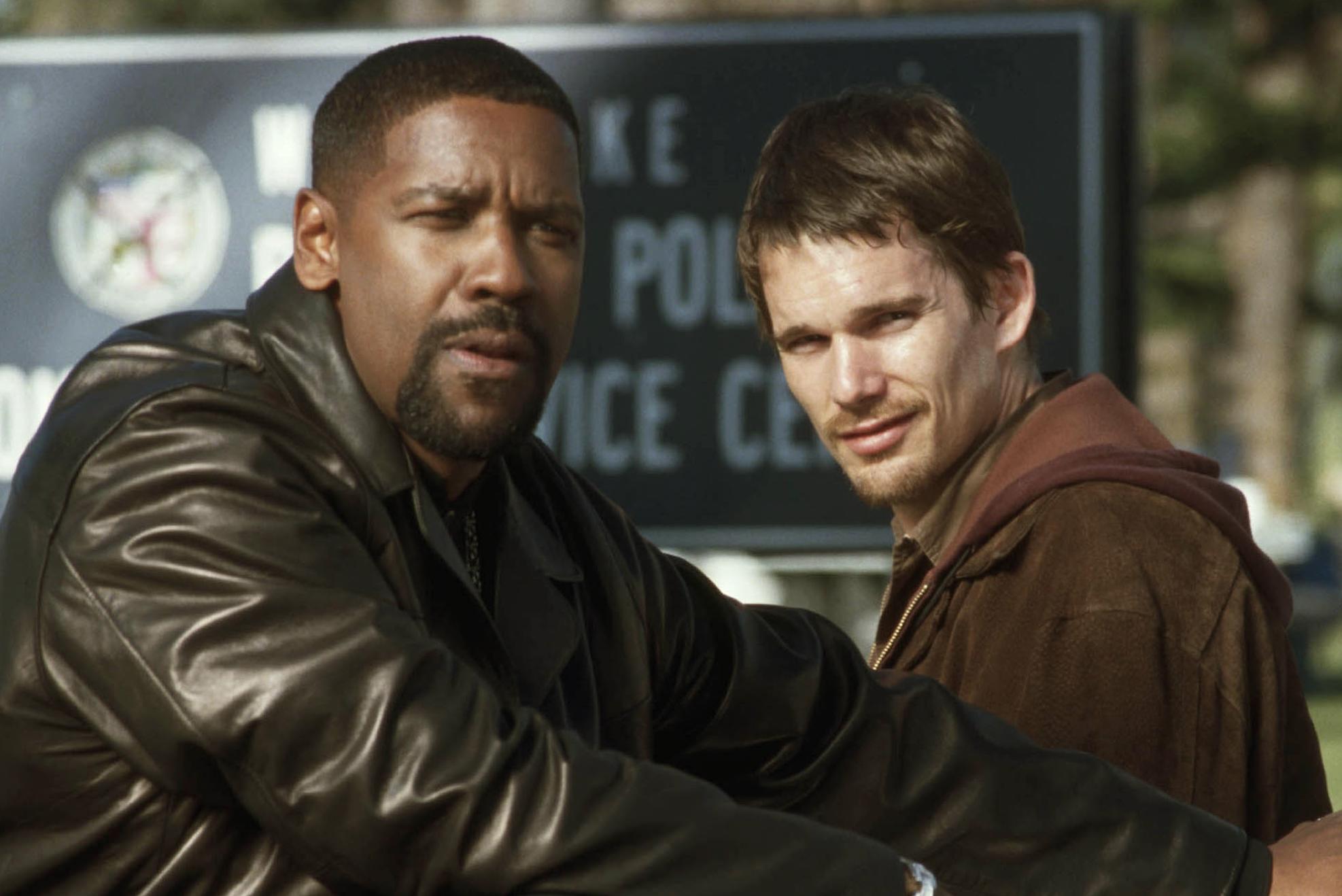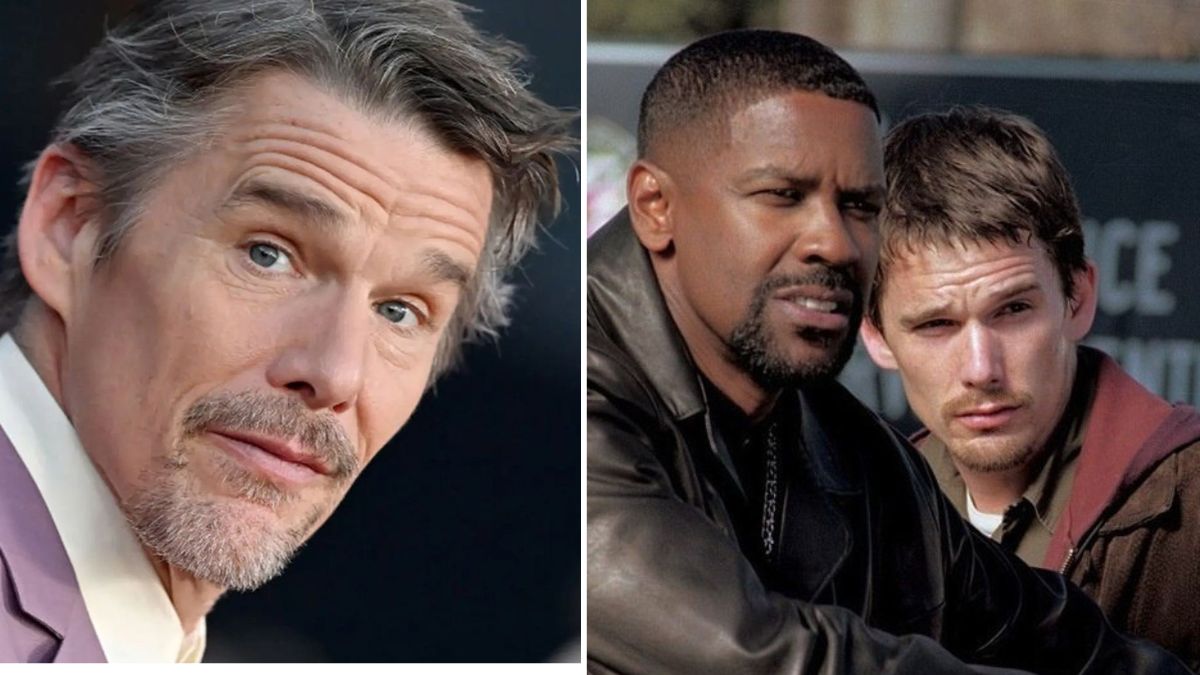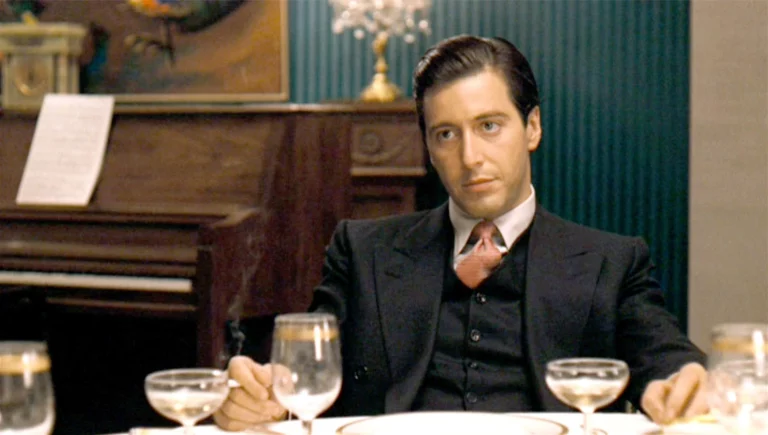In the glamorous whirlwind of Hollywood awards seasons, the Oscar for Best Actor is often anticipated to go to the lead with the most screen time. This notion, however, doesn’t always hold true, as seen in some memorable instances that defy conventional expectations.

A Look at Iconic Performances That Redefined Lead Roles
Take Anthony Hopkins, for example. His chilling portrayal of Hannibal Lecter in “The Silence of the Lambs” secured him the Best Actor Oscar with only 24 minutes of screen presence, proving that impact can outweigh duration. Similarly, Marlon Brando’s role as Vito Corleone in “The Godfather” is another iconic performance that won him the same accolade despite having less screen time than his co-star, Al Pacino, who played Michael Corleone. On paper, Pacino had a stronger claim for the lead category, but Brando’s unforgettable performance and the strategic studio campaign positioned him as the heart of the film.
Ethan Hawke’s Parallel with Al Pacino
Ethan Hawke found himself in a similar situation during the 2001 Oscars. Despite having significant screen time in the crime thriller “Training Day,” he was nominated for Best Supporting Actor while his co-star, Denzel Washington, clinched the Best Actor trophy. This scenario closely mirrors that of Al Pacino back in 1972, where despite his substantial role, the spotlight was dominated by another.

Hawke wasn’t disheartened by his Oscar loss; rather, he cherished the opportunity to compete against talents like Sir Ian McKellen and to share the spotlight with Washington, a moment he found equally rewarding. Reflecting on his experience, Hawke shared a poignant piece of advice from Washington post-loss: You don’t want an award to improve your status. You want to improve the award’s status.
This philosophy highlights an artist’s influence over their accolades, not the other way around.
The Influence of Studio Campaigns and Star Power
These instances underscore a broader narrative in Hollywood where studio campaigns and star power often influence Oscar nominations and wins. The decision to push a certain actor for a specific category can often be strategic, aiming to maximize their chances of winning based on their industry stature and the film’s overall campaign strategy.

Streaming the Legacy
For fans wanting to revisit these iconic performances, “The Godfather” is available on Paramount Plus, and “Training Day” can be streamed on Netflix. These films not only showcase award-winning acting but also represent pivotal moments in cinema that continue to influence how performances are evaluated and celebrated in Hollywood.
This look behind the curtain of Oscar nominations reveals that the path to winning is not always straightforward. Screen time does not guarantee a lead nomination, and sometimes, it is the shorter, yet more powerful performances that make an indelible mark on the Academy and its audience.
